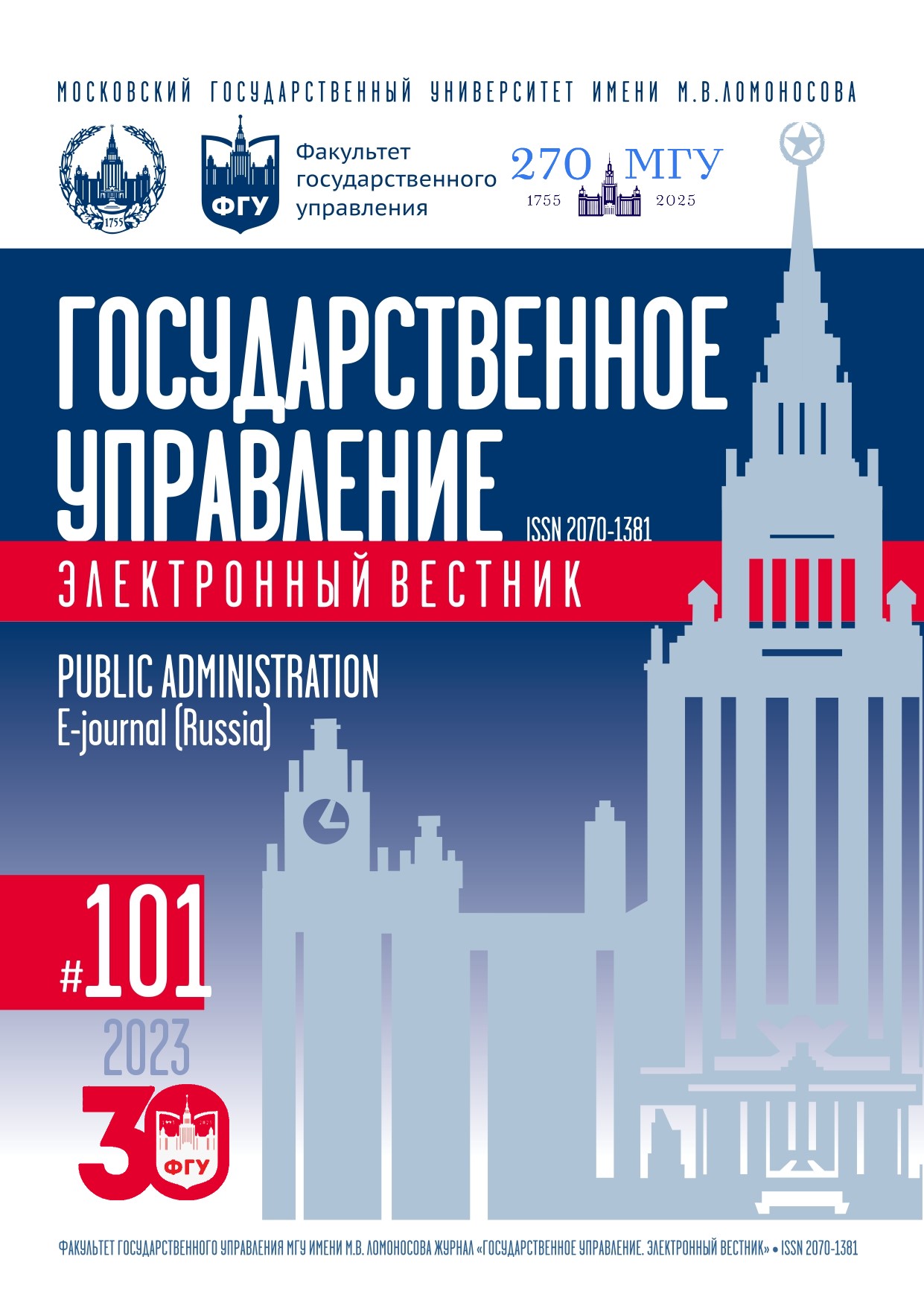Effects of Intelligent Transport Systems Deployment in Russian Regions
Keywords:
Intelligent transport systems, digitalisation, target indicators, effects, road safety, emission reductionAbstract
Digitalisation is one of the Russia’s economic development priorities. In the transport sector, digitalisation means introducing intelligent transport systems (ITS) which is part of the national project «Safe Quality Roads». Improving the quality of life of the population by increasing road safety, reducing waiting times and transport delays, reducing fuel consumption and pollutant emissions are the strategic goals of ITS. The aim of the study is to analyse the reflection of these goals of intelligent transport systems in the current regulatory and legal documents and to assess the preliminary results of the ITS implementation project in the Russian regions. It is shown that programme documents and current reports of the regions give preference to quantitative rather than qualitative results of the project. Studies of ITS effects evaluate its individual elements and use various methods of analysis. The most common and simple method is the comparison of the studied indicators before and after the start of the use of intelligent transport systems. The article shows the possibility of implementing this approach for road safety indicators using official statistics data. It is also shown that the least attention is paid to the goal of reducing the negative impact of transport on the environment, while it is very relevant for most large Russian cities.
References
Гребенкина С.А., Гребенкина И.А. Интеллектуальные транспортные системы в разрезе национальных интересов РФ: новые вызовы и угрозы // Вестник Кемеровского государственного университета. Серия: Политические, социологические и экономические науки. 2022. Т. 7. № 4. С. 444–450. DOI: 10.21603/2500-3372-2022-7-4-444-450
Егоров С.В., Шационок П.В., Ерпылева А.И., Жарков Д.И. Мировой и российский опыт применения интеллектуальных транспортных систем // Транспортное дело России. 2022. № 2. С. 130–136. DOI: 10.52375/20728689_2022_2_130
Barth M.J., Boriboonsomsin K. Energy and Emissions Impacts of a Freeway-Based Dynamic Eco-Driving System // Transportation Research Part D: Transport and Environment. 2009. Vol. 14. Is. 6. P. 400–410. DOI: 10.1016/j.trd.2009.01.004
Graham D.J., Naik C., McCoy E.J., Li H. Do Speed Cameras Reduce Road Traffic Collisions? // PLoS ONE. 2019. Vol. 14. Is. 9. DOI: 10.1371/journal.pone.0221267
Guido G., Shaffiee Haghshenas S., Vitale A., Astarita V., Geem Z.W. Quantitative and Qualitative Review of the Role of Intelligent Transportation Systems in Road Safety Studies through Three Decades // Journal of Soft Computing in Civil Engineering. 2023. Vol. 7. Is. 4. P. 93–109. DOI: 10.22115/SCCE.2023.382320.1597
Jones A.P, Sauerzapf V, Haynes R. The Effects of Mobile Speed Camera Introduction on Road Traffic Crashes and Casualties in a Rural County of England // Journal of Safety Research. 2008. Vol. 39. Is. 1. P. 101–110. DOI: 10.1016/j.jsr.2007.10.011
Oskarbski J., Marcinkowski T., Zawisza M. Impact of Intelligent Transport Systems Services on the Level of Safety and Improvement of Traffic Conditions // Smart Solutions in Today’s Transport. TST 2017. Communications in Computer and Information Science / ed. by J. Mikulski. Cham: Springer, 2017. Vol. 715. P. 142–154. DOI: 10.1007/978-3-319-66251-0_12
Wilson C., Willis C., Hendrikz J.K., Le Brocque R., Bellamy N. Speed Cameras for the Prevention of Road Traffic Injuries and Deaths // Cochrane Database Systematic Reviews. 2010. DOI: 10.1002/14651858.CD004607.pub3
Yang Z., Peng J., Wu L., Ma Ch., Zou Ch., Wei N., Zhang Y., Liu Y., Andre M., Li D., Mao H. Speed-Guided Intelligent Transportation System Helps Achieve Low-Carbon and Green Traffic: Evidence from Real-World Measurements // Journal of Cleaner Production. 2020. Vol. 268. DOI: 10.1016/j.jclepro.2020.122230
Zhihan Lv., Wenlong S. Impacts of Intelligent Transportation Systems on Energy Conservation and Emission Reduction of Transport Systems: A Comprehensive Review // Green Technologies and Sustainability. 2023. Vol. 1. Is. 1. DOI: 10.1016/j.grets.2022.100002

